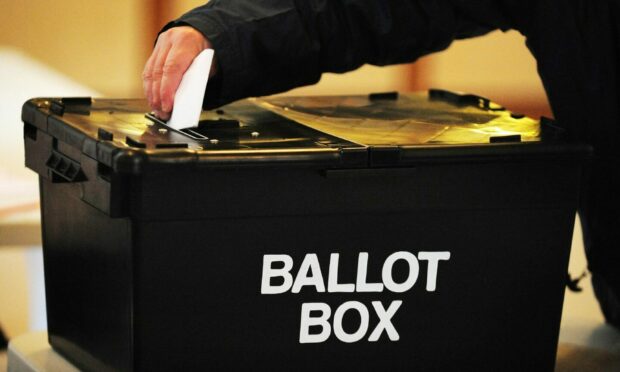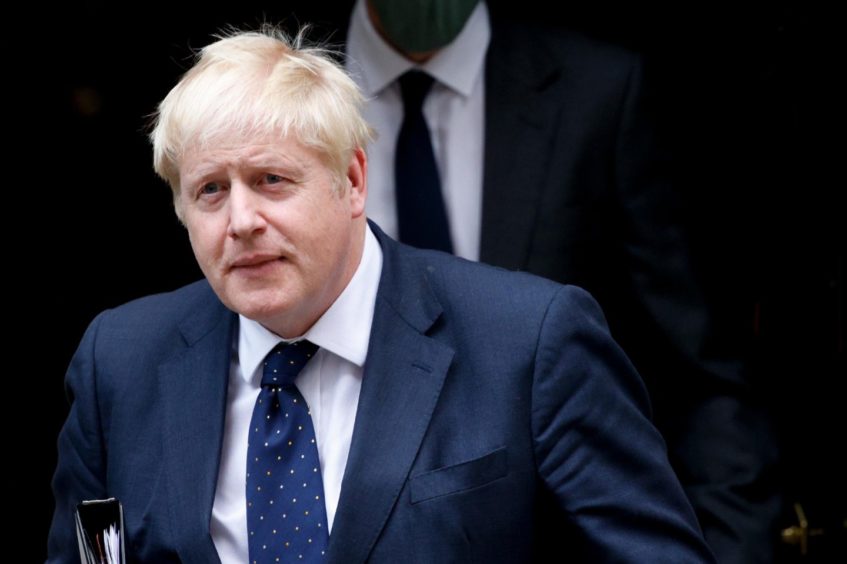It’s a well worn Westminster maxim that most voters don’t give much thought to politics until they walk into the polling station every few years.
Like much received wisdom, it’s nonsense. (And like much political nonsense you are most likely to hear it spouted just now by Labour Party MPs and staffers desperate to convince themselves that Keir Starmer’s continued failure to cut through doesn’t really matter.)
There’s a number of factors that undermine that maxim.
For a start, it butts up against another piece of perceived wisdom: that most folk get their news from the regular night-time bulletin on the BBC or ITV. It’s still true that political discourse on social media is dominated by cranks, ideologues and – most of all – journalists (some of whom are also covered by the previous two categories). Normal people have too much going on in real life to spend time engaging in any virtual culture war.
But there’s plenty of politics on those night-time news programmes. And it’s ridiculous and rude to suggest that viewers switch off their brains when they switch off the telly before bed.
News dominated by politics for a decade
In fact, the news has been dominated not just by politics but by electoral politics for a decade now. When general elections came round only every four or five years there was at least the opportunity to tune out from politics in between.
But since 2010 Scots have voted in four general elections, three referendums, two Euro elections, three Scottish Parliament elections plus the regular rounds of council elections. The idea that all this electoral activity will not engage people beyond the moment their polling card is in hand is insulting.
All this adds up to an inescapable background buzz of politics. And at the moment the message coming from that political static is that people in power can get away with stuff and those on the receiving end will put up with it.
I’ve had the misfortune to engage over the last week with a number of public authorities and to end up filing complaints to and about them all. This may just be that I’ve reached an age too far out from 40 to dispute my children’s insistence that I am middle aged with any enthusiasm. Perhaps firing off angry emails comes with reaching an age where I’d rather meet a friend for coffee than for a beer.
But in the last seven days I’ve had reason to reckon with the water board, the broadband company, the breakdown service and Royal Mail.
They’ve twigged that voters have no viable alternative
And the overarching feeling I’ve come away with is that they know they are rubbish but they feel they can get away with it. To whom am I going to turn? I can’t get my water from anyone else. If the postie decides against delivering my mail for a few days I’m powerless to do anything about it. And they know it.
And I can’t help feeling that attitude has trickled down from the very top.
Like an invisible but unhealthy gas it breeds an atmosphere that those in power can act as they see fit, that they don’t need to strive for excellence when average would be an improvement.
This government has a long list of failings. And yet they continue to ride high in the polls. They’ve twigged that voters have no viable alternative to turn to. And, given enough examples of government ineptitude or unpleasantness going unpunished each night on the evening news, folk seem to have become resigned to this as the unwavering way things are.
Manifesto pledges torn up
Just this week the government in Westminster will tear up two major manifesto pledges – to unpick the pensions triple lock and to raise taxes, the latter to fund the plan for social care in England that Boris Johnson claimed was fully formed and ready to go over two years ago when it self evidently was not.
He’ll get away with the lot of it.
Just as Chancellor Rishi Sunak got away with breaking the Conservative promise not to cut overseas aid.
Just as Foreign Secretary Dominic Raab got away with sticking to the beach and skipping out his responsibility to oversee the withdrawal from Afghanistan.
Just as Home Secretary Priti Patel got away with being found to have acted badly by a probe into bullying behaviour.
And that’s just the great offices of state. Lesser ministers have their own foibles and failings that they’ve not been held accountable for.
Attitude in politics must be challenged
Like an invisible but unhealthy gas it breeds an atmosphere that those in power can act as they see fit, that they don’t need to strive for excellence when average would be an improvement. And that those of us on the receiving end must suck it up.
It’s a pollutant in politics and it spreads to society more widely. And it’s an attitude that must be challenged and resisted.
From Downing Street to my street, which still has water running down it over a week after I reported the leak to the water board, accountability matters.
James Millar is a political commentator and author and a former Westminster correspondent for The Sunday Post


